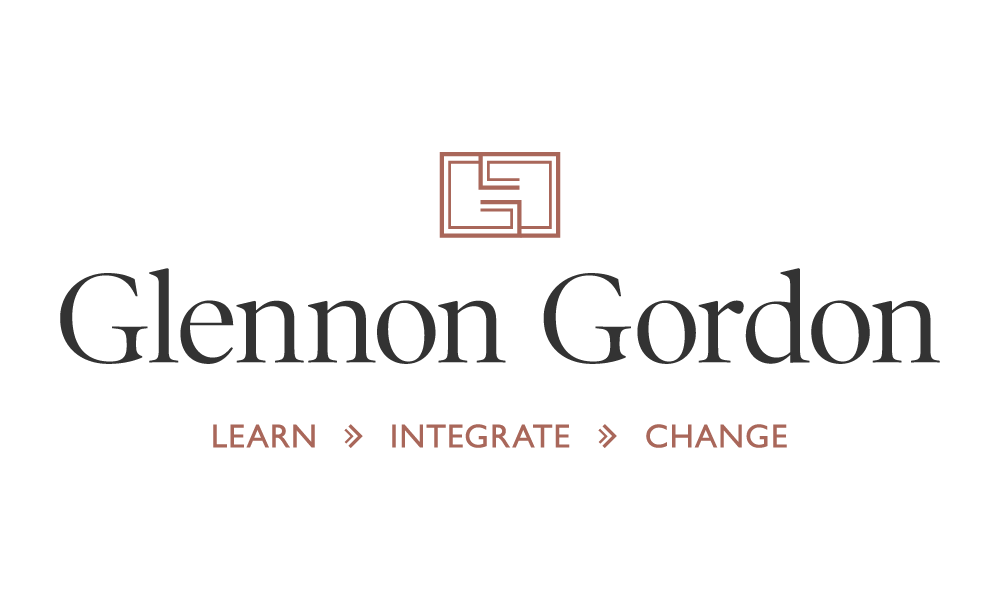3 Ways to Use Conflict to Your Advantage
Conflict comes about when there is an expectation that wasn’t met or an assumption that someone should see the world around them the same way you do. It’s about having different opinions and not knowing how to navigate those differences to create harmony in the family or relationship. Here are three ways to use conflict to improve your relationship.
Acknowledge and own your version
After the conflict occurs, take time to write out your perception of the events. Attempt to do this through the lens of observation versus the lens of criticism of the other or of yourself for that matter. Observe what may have been triggered in you to create reactivity around the issue. There could be a lot of learning and growth opportunities when we take the time to notice what activated us. Often the other person commented on something about us that we may feel shame around. For example, if my spouse says my disorganization is challenging for him and I react to this statement with a lot of anger, hurt or defensiveness this is my clue that I need to examine this within myself. I have always been critical of my own disorganization so despite my progress in this area, he still pushed a button I own.
Acknowledge these feelings and give yourself compassion for what was triggered in you. I know it feels like the other person is doing something to you to create this emotion, but taking ownership of it and finding its source is empowering.
Check in with yourself about boundaries. While I am suggesting conflict is what can make a relationship stronger, its important to be able to state what you will and won’t tolerate in terms of treatment within the conflict. Check out my last blog for clarity there.
Talk it out
Find an agreed-upon time to sit down with your person and talk through the events with the goal of accountability and learning about the other. Make sure you are both in a calm space before talking about it. Remind each other that the purpose of sitting down to discuss it is not to rehash it or place blame, but instead to find the learning opportunity in it.
Sometimes it helps to take a couple of deep breaths together and state your intention at the beginning. For example, I intend to stay calm in this conversation and hear your perspective. Again, it’s very difficult to do this if you feel somebody is doing something to you. Try to equal the playing field by recognizing there is always a 50/ 50 dynamic in the relationship. Someone is always reacting and responding to someone else. Own your part. During the sit down, listen with curiosity to what your partner is saying. The goal is to get to know them better. Not to be right. You may want to repeat back what you’ve heard to reassure them you are listening. Thank the person for sharing or for being vulnerable during the conversation. Then the floor switches. At the end of the conversation, you can let the person know what you learned about them that was interesting to you. You can each say what you are going to work on in the future to bring the learning forward!
Circle back with yourself
Circle back with yourself and write down what you learned. What do you need to create awareness around? If a specific emotion was triggered in you what was that and what can you do to create awareness around it to make it less electric? Write down a plan for yourself about what you would do differently next time. I can’t state enough that I am aware of how difficult this process of looking at your part in the dynamic is!! BUT, it is the only thing that will help you move through conflict together to create a better whole. It’s especially difficult if your partner has a harder time wrapping their head around this concept. If they shoot blame at you, your desire to fire back will be strong, but keep owning your part and do the work! It’s worth it.
The goal in the relationship is to continue to get to know yourself and your partner better, in different ways and in a different light. Conflict could be expected and respected as an excellent learning tool in a relationship if you put in the time and effort reframing it as such. Redefining how we see things and creating flexibility and space for each to grow is a lifelong process, don’t give up!
Please reach out if I can be of assistance with the above process.
ENJOYED THIS POST? SHARE IT ON PINTEREST












